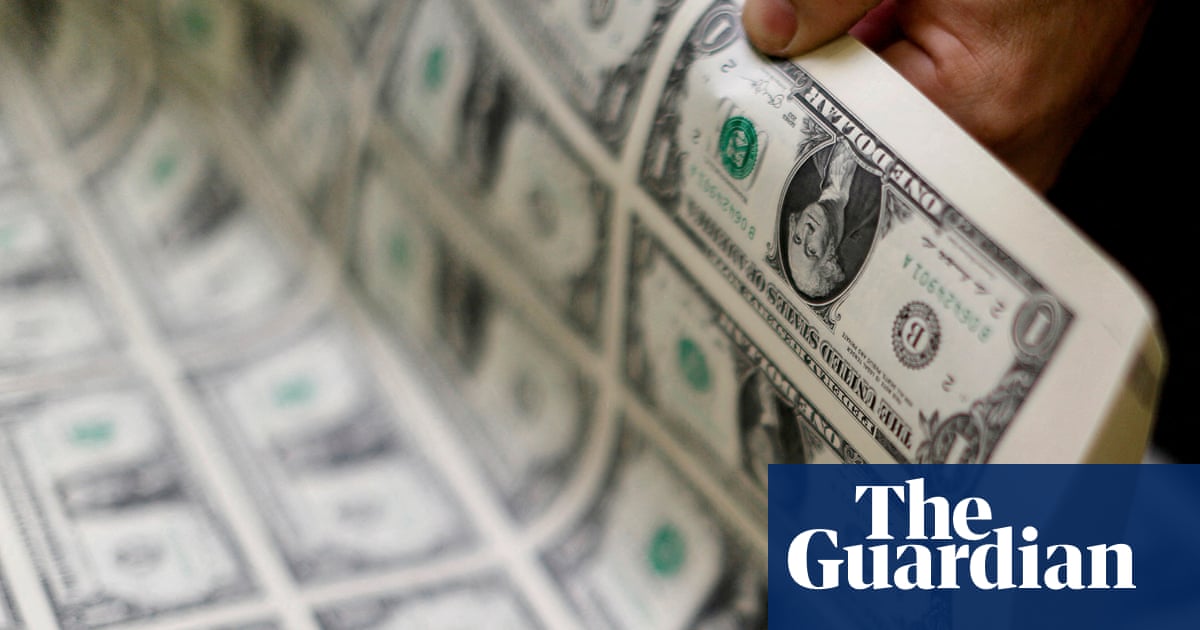
Money – or the lack of it – was central to the Victorian novel. Think of Mr Micawber in David Copperfield banged up in a debtors’ prison waiting for something to turn up. Or Augustus Melmotte, the crooked financier in Trollope’s The Way We Live Now. Plots invariably involved wills, the dowry of an heiress, or the collapse of get-rich-quick Ponzi schemes. They knew how to keep the reader gripped back then.
Popular nonfiction books about money, by contrast, are something of a rarity. John Maynard Keynes’s masterwork – The General Theory of Employment, Interest and Money – is like James Joyce’s Ulysses: a book finished by only a small percentage of those who start it. Adam Smith’s Wealth of Nations falls into the same category. As, more recently, does Thomas Piketty’s Capital in the 21st Century, an unexpected bestseller. Economics books are rarely page turners, in large part because most economists aren’t exactly stylists.
So all credit to David McWilliams for his attempt to tell the history of the world – all the way from 18,000BC to the present – through the medium of money. The author makes a bold claim: that the story of money is the story of humanity itself. Writing, he says, “came about because of another groundbreaking technology: money. Money was the first thing we wrote about.”
The argument doesn’t altogether convince, but McWilliams, a former economist at the Central Bank of Ireland, does know how to write. His book is well researched and crammed full of anecdotes that help bring a dry subject to life. Some are familiar enough. No book about money would be complete without a mention of Dutch tulip mania in the 1630s or the South Sea Bubble of 1720. Other stories will be more surprising, for example the fact that Darwin’s theory of evolution was inspired not by a biological treatise, but an economic one – Thomas Malthus’s work on population. It was also news to me that The Wizard of Oz could be seen as an allegory for the struggle between the populists of the American heartlands and the east-coast financial elites in the 1890s. Hitler’s planned attempt to destroy the British economy through airdrops of counterfeit banknotes crafted by inmates of concentration camps is well told.
From King Midas and his golden touch to Johannes Gutenberg, the inventor of the printing press, the narrative zips along at a fair old pace, even though some of the historical references are a bit contrived. There is a long section about the trial and execution of Sir Roger Casement – hanged for treason during the first world war – the relevance of which is not immediately obvious. Joyce’s role in establishing Dublin’s first cinema also seems an unnecessary digression from the book’s central theme.
There are other – slightly nit-picking – criticisms. An interesting passage about the modernist revolution in art and literature could have been expanded to include more than a cursory nod to the modernist revolution in economics pioneered by Keynes in the 1930s. The section on how commercial banks create money will be tough going for the lay reader, and is out of character compared with the light touch in the rest of the book. The early chapters – which take in a credit crunch in Imperial Rome and the challenge posed to the Catholic church by the merchants of Florence around the time of the Black Death – feel fresher than the boilerplate accounts of the global financial crisis of 2008 and the advent of bitcoin. As the book progresses, the strain of keeping up a mono-causal explanation of how the modern world has evolved starts to show.
That said, there is much to enjoy – for the lay reader as well as the economist. The book’s flaws are comfortably outweighed by its strengths: not least the fact that McWilliams clearly had a lot of fun writing it.
after newsletter promotion